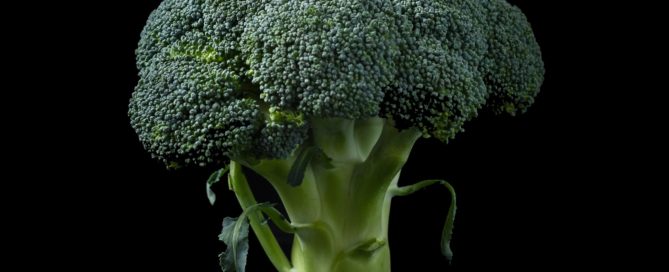How Foods That Make You Smell Affect Your Body Odor and Diet
By Dr. Kathleen Regan, NDWhile some meals leave you glowing, others have the power to transform your aroma in ways you might not expect. Ever caught yourself wondering, “Why do I suddenly smell… different?” As it turns out, the foods that make you smell might be the culprit behind this unexpected transformation.Foods can make you smell due to the unique compounds they release when they’re digested or metabolized by your body. Some foods contain sulfur, like garlic, onions, and cruciferous vegetables (broccoli, cabbage), which, when broken down, produce sulfur-containing gases. These gases can then be released through your skin or breath, giving you a novel odour. Spicy foods like curry or chilli can stimulate your sweat glands, making your body release more sweat, which can carry the pungent aromas with it. Foods high in certain acids, like coffee, can also affect your scent by altering the balance of bacteria on your skin or in your mouth. Even foods rich in strong flavors, like fish or cheese, can create compounds that seep through your pores, leaving you with a fragrance that sticks around longer than expected!In some cases, the scent can also be tied to how your body is detoxifying. You will notice that some of the foods on this list below are considered medicinal foods and can even be found in the ingredient list of some natural supplements. Foods with active phytochemicals (medicinal properties) are more likely to cause changes in your body scent. If you are noticing a change in how you smell, take a look through the list below to see if one of these foods may be contributing. Make sure to check the label on any supplements you take! [...]










